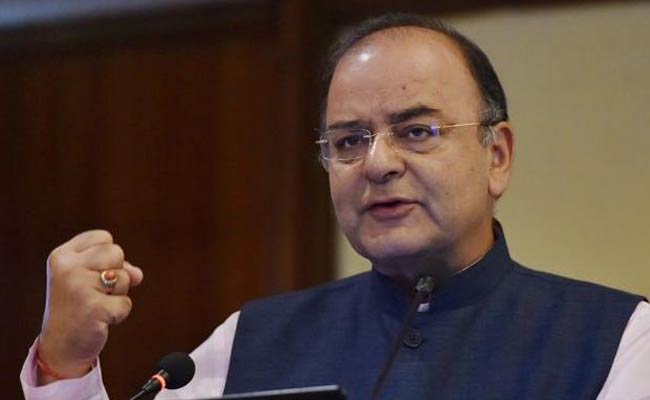Tsai is likely to keep the U.S. stops low-key to avoid further inflaming tensions with China.
Beijing says failing to endorse the one-China principle would destabilize relations and hurt peace in the region. In late December, in what Beijing called routine exercises, China’s only aircraft carrier and a fleet of warships sailed past Taiwan, prompting Taipei to deploy fighter jets to monitor the fleet.
In Central America, Tsai will focus on strengthening ties with allies to fend off Beijing’s efforts to draw governments away from Taipei and further diminish its global presence. Beijing and Taipei have competed for allies for much of the nearly seven decades since the end of China’s civil war in 1949, when the defeated Nationalist government fled across the Taiwan Strait.
Tsai, who is leading a delegation of 120 people, will meet with most of the four countries’ leaders and attend the inauguration of Nicaraguan President Daniel Ortega.
Beijing has intervened to prevent the island’s participation in international forums and established diplomatic relations with former Taipei allies Gambia and Sao Tome and Principe. The moves have been seen as effectively abandoning the unspoken diplomatic truce that lasted eight years under Tsai’s China-friendly predecessor. Just 21 countries and governments, mostly in Latin America and the Caribbean, now have official ties with Taipei.























